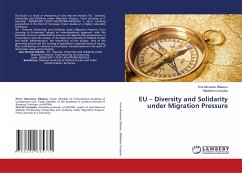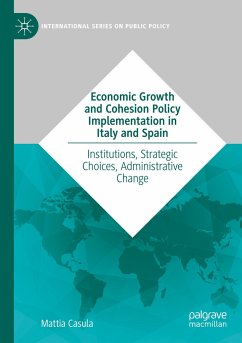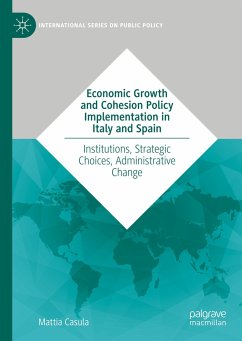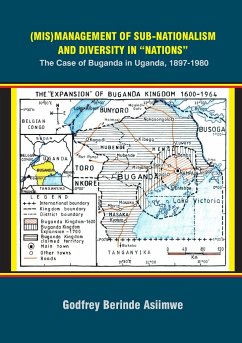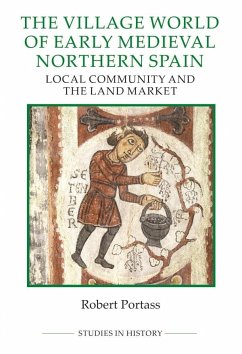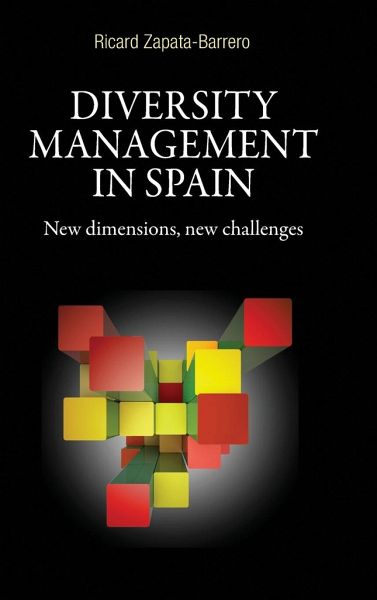
Diversity management in Spain
New dimensions, new challenges

PAYBACK Punkte
56 °P sammeln!
In the current critical European dilemma as to whether to increase diversity policies or move towards an assimilationist policy, it is difficult to know what the Spanish approach is. Because immigration is relatively new, government policies are struggling to manage the diversity it entails. This book argues that Spain can be considered a context of "multiple diversity", where two frameworks interact: an old, unresolved one, arising from the democratic transition, and a new one due to immigration. This explains the Spanish practical approach, where recent past and its different traditions limi...
In the current critical European dilemma as to whether to increase diversity policies or move towards an assimilationist policy, it is difficult to know what the Spanish approach is. Because immigration is relatively new, government policies are struggling to manage the diversity it entails. This book argues that Spain can be considered a context of "multiple diversity", where two frameworks interact: an old, unresolved one, arising from the democratic transition, and a new one due to immigration. This explains the Spanish practical approach, where recent past and its different traditions limit institutional innovation and structural change. The author proposes a heuristic model to better understand the current "Spanish laboratory of diversities". The author analyses in depth three case studies which have been at the forefront of the political and social agenda for decades: education, the workplace, and political rights. This book provides the reader with an updated overview on how Spain is managing diversity, empirically informed and theoretically founded, which highlights new dimensions and normative challenges. It will appeal to researchers in social science, graduate and postgraduate students, policy makers and international stakeholders.





